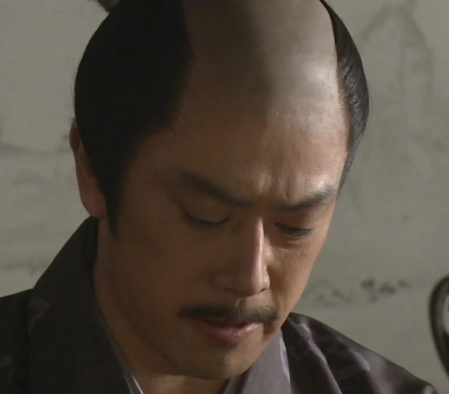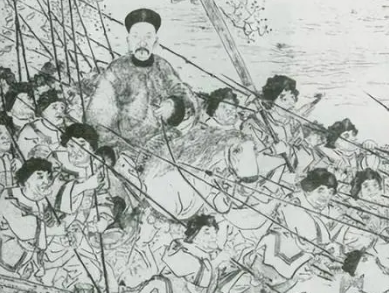Title: The Evolution of Jing Ethnic Group's Hajie Festival

The Jing ethnic group is one of the ethnic minorities in China, primarily residing in Guangxi and Hainan. Among the Jing's rich cultural traditions, there exists a particularly unique festival known as "Hajie." Let's delve into the evolution of this festival!
I. Historical Origins
Hajie is a traditional festival of the Jing ethnic group, with origins tracing back to the Shang Dynasty, over 3,000 years ago. Legend has it that the Jing people would hold grand sacrificial activities on the third day of the third lunar month every year to commemorate their ancestors and deities. Over time, this festival gradually transformed into a celebration of harvest and a prayer for happiness.
II. Developmental Stages
The evolution of Hajie can be divided into the following stages:
1. Primitive Period
During the primitive era of the Jing ethnic group, people would hold simple sacrificial activities on the "March 3rd" to pray for a bountiful harvest and peace in the coming year. These sacrificial activities typically involved burning incense and offerings.
2. Cultural Integration Period
With the continuous infiltration of Han culture and foreign cultures, the traditional culture of the Jing ethnic group also underwent certain changes. During this period, new elements began to be integrated into Hajie, such as dragon boat racing and singing folk songs.
3. Modern Era
With social development and progress, the Jing ethnic group's Hajie festival has gradually modernized. Nowadays, people have begun to emphasize the protection and inheritance of traditional culture while also incorporating new elements such as dance and music. Additionally, the government has started to increase its efforts in protecting Jing culture, promoting its inheritance and development.
Overall, Hajie is a festival filled with traditional color. Through sacrificial activities, dragon boat racing, eating zongzi, singing folk songs, and other events, the Jing people express their reverence to their ancestors and deities, praying for peace and happiness in the coming year. At the same time, these activities also perpetuate the cultural traditions of the Jing ethnic group, allowing people to better feel the warmth of patriotism and family affection.
Disclaimer: The above content is sourced from the internet and the copyright belongs to the original author. If there is any infringement of your original copyright, please inform us and we will delete the relevant content as soon as possible.
































